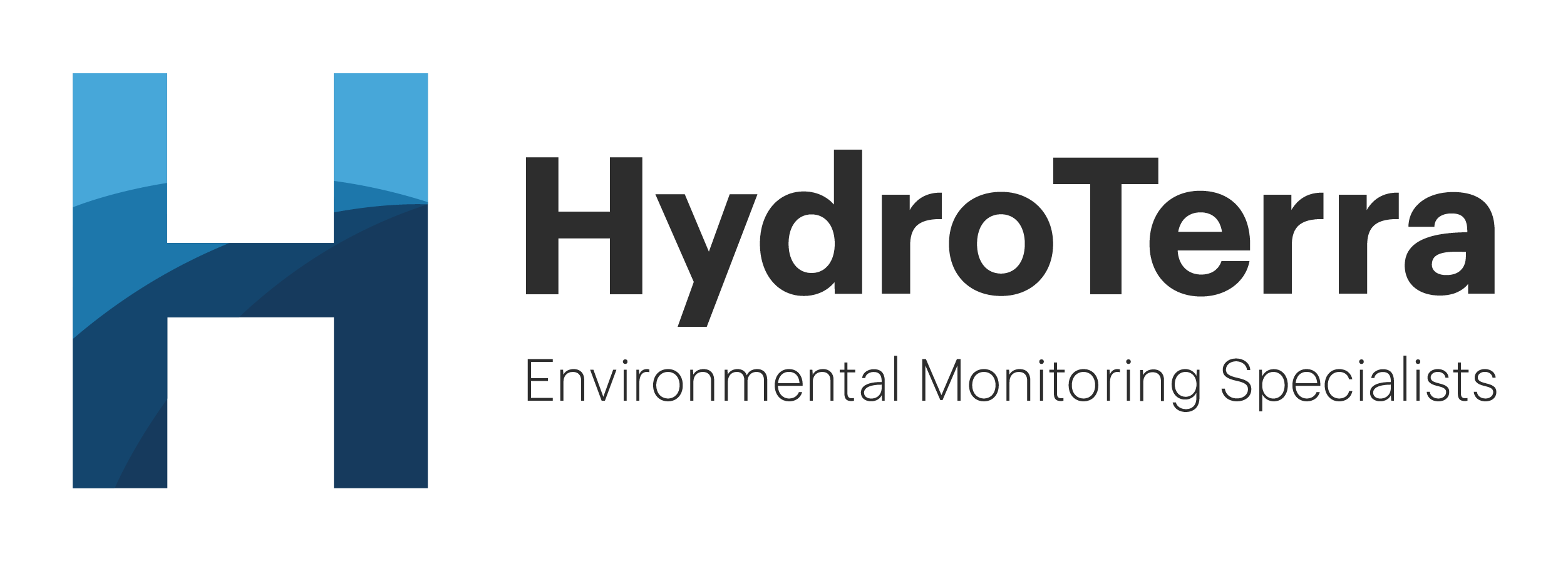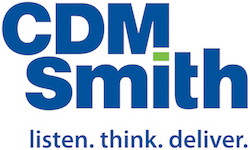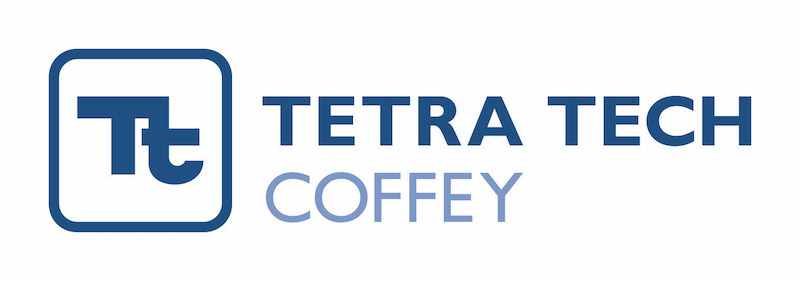Learn more about periodic slug and pump testing, including cost-effective applications
Abstract:
Traditional methods of hydraulic testing involve the use of pumps or slugs to manipulate groundwater levels or pressures. But excessive drawdown, fluid discharge and response times, and poor signal-to-noise ratios can be problematic for these methods.
Since 2000, various periodic methods of hydraulic testing have been developed, which can circumvent most or all of these issues. Periodic methods use slugs to directly displace bore water levels, or use pumps for indirect displacement. The results of both method types can be interpreted in terms of the amplitude attenuation and/or phase shift of a introduced periodic signal as it propagates away from a production well, either horizontally or vertically. Hydraulic properties estimated using periodic methods can be more robust than the results of traditional methods, since each periodic cycle represents a replicate observation. The applicability of periodic methods may also be relatively broader, especially in low permeability media such as poor-yielding aquifers.
We are developing new, cost-effective methods of performing both periodic slug and pump testing.
Join this live talk to learn more about periodic slug and pump testing, including cost-effective applications and guidance regarding their suitability in various contexts.
Bio:
Chris has been employed as a hydrogeologist at the CSIRO in Adelaide since 2011. During this time he has contributed to a number of regional scale groundwater resource assessments, including analytical and numerical modelling, and the interpretation of environmental tracers. Much of Chris’s research is aimed at translating existing methods from academic literature to common practice. This includes the estimation of hydraulic properties from groundwater responses to barometric loading, and to Earth, atmospheric and ocean tides. Chris is also undertaking a PhD in partnership with Flinders University, focused on developing and promoting the use of adjoint state methods for more effective calculation of numerical model sensitivities.
Details:
If you are attending the face to face Tech Talk please register via the button to assist us with catering for Morning Tea. For those attending online please follow the link –https://video.flinders.edu.au/events20/22/Periodic_hydraulic_testing_methods_for_estimating_subsurface_hydraulic_properties.cfm.
Morning Tea will be available from 9:30am
You can submit your questions for the Tech Talk via Slido –https://app.sli.do/event/iPt5GMpTsgyjojpC2epWKa/live/questions
























